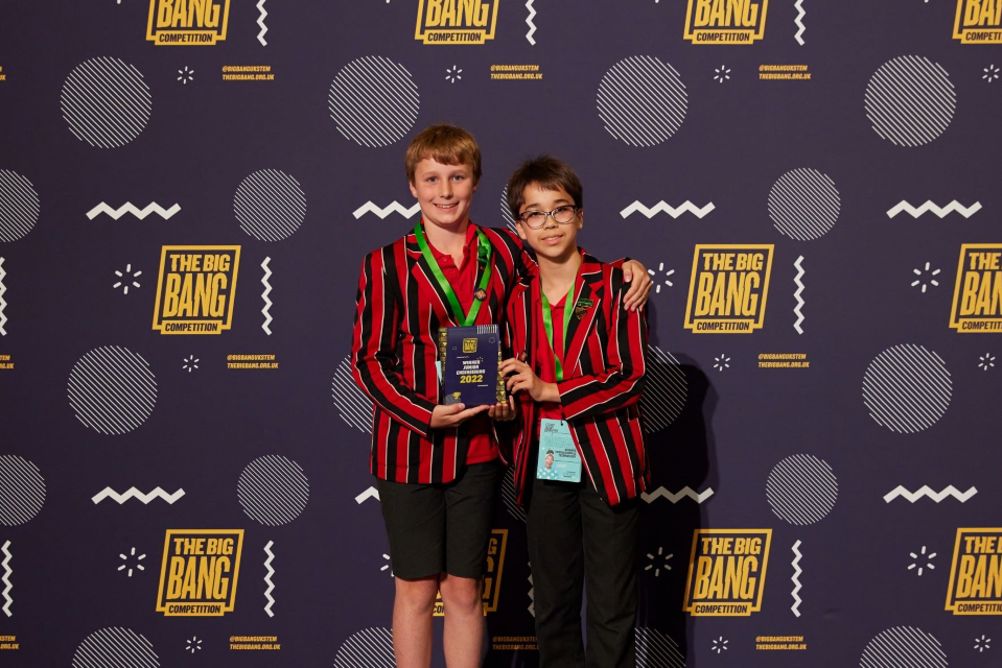Couloute entered her project into The Big Bang Competition and impressed the judges with her invention that could be used in classrooms, collaborative working spaces, and seated eating areas in the hospitality sector. The invention has netted Couloute £2000 to continue her STEM journey.
More engineering prizes were awarded to young innovators, including Lily-Mai Spinks, a year 12 student from Sir Isaac Newton Sixth Form Free School in Norwich. Spinks won the Senior Engineering category in the finals of the competition for her project titled ‘ISOPOD’. Spinks made a tent with a concertina design, aiming to provide a user and eco-friendly festival camping alternative.

Om Patel, a year 11 student from Queen Elizabeth’s School in North London, won the Intermediate Engineering category for his project titled ‘Supporting People with Dorsal Flexor Weakness (Drop Foot) and Normal Calf Weakness’. This aims to support people with some walking difficulties with a designed a prototype brace that supports the leg from the knee to the foot and ensures that the person can walk more naturally.
Ryan Stubbs and William Bradshaw, a year 8 student team from St Faith’s School in Cambridge, have won the Junior Engineering category for their project titled ‘ElectroPi’, a seed-planting robot that is designed to plant and water seeds based on soil moisture levels.









McMurtry Spéirling defies gravity using fan downforce
Ground effect fans were banned from competitive motorsport from the end of the 1978 season following the introduction of Gordon Murray's Brabham...